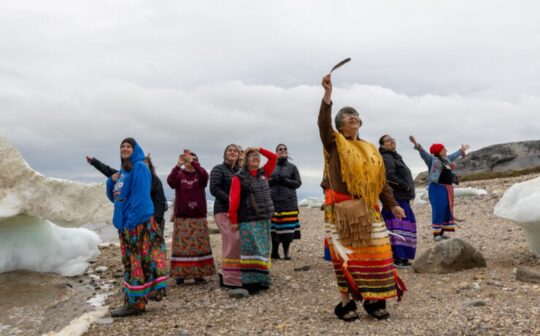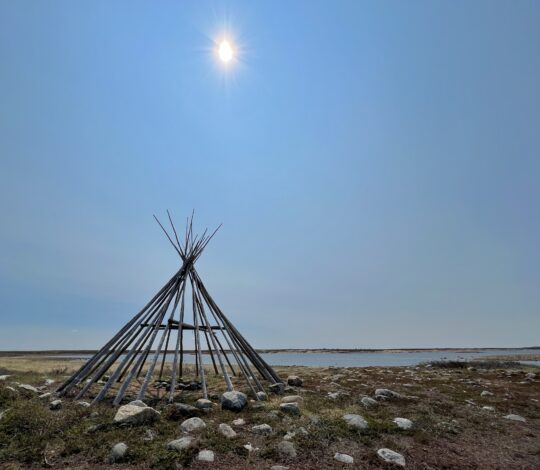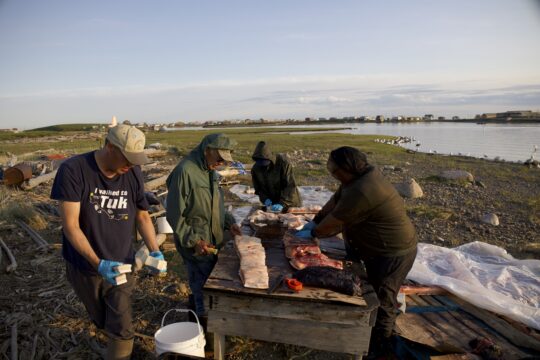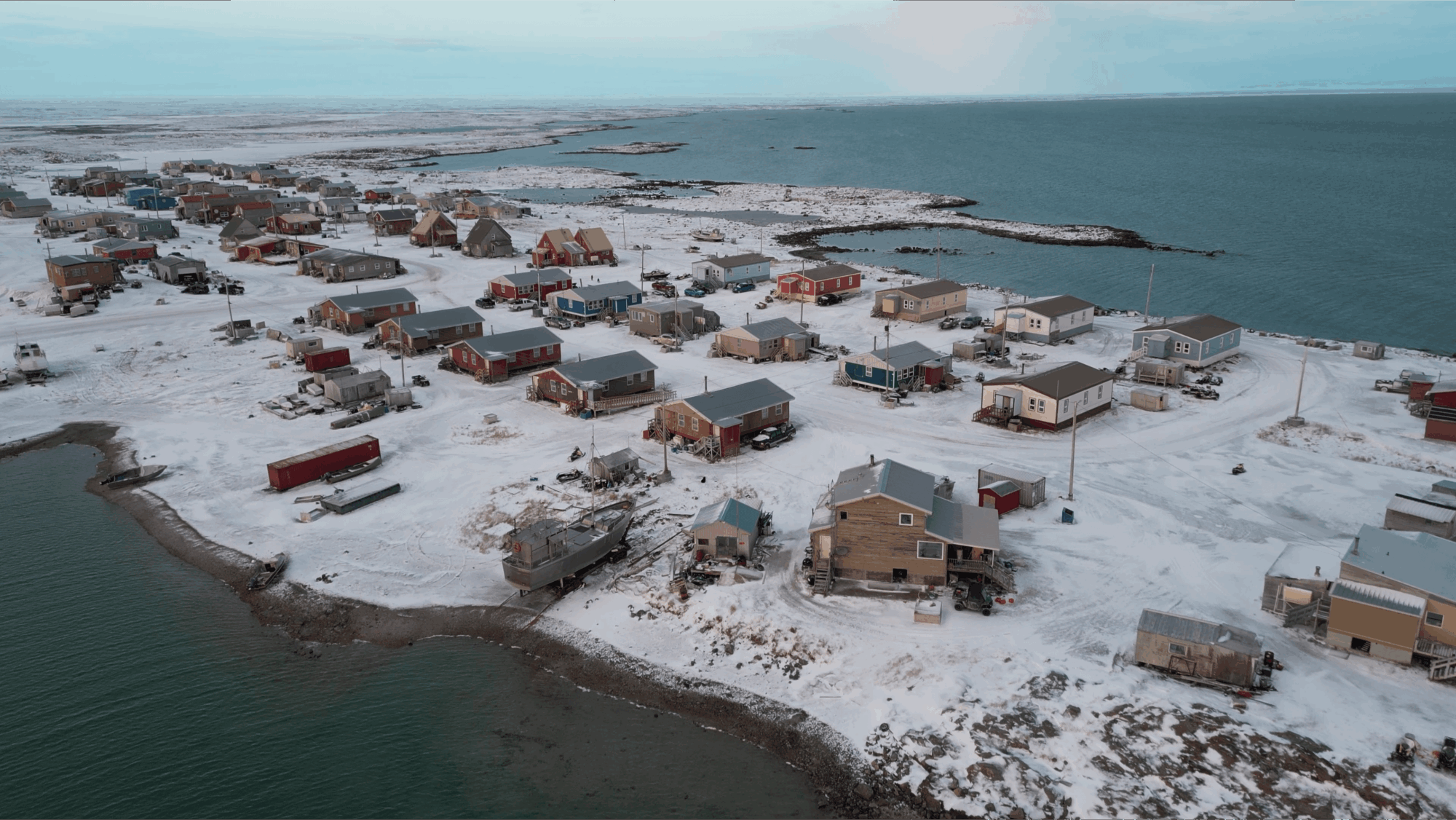
For Communities
For Communities
For over a decade, Oceans North has been working in deep partnership with Indigenous and coastal communities across the Arctic and Atlantic to address the unprecedented environmental changes taking place in these regions. Many of these communities are inextricably intertwined with ocean ecosystems and are seeing them transform first hand.
Partnerships are at the core of our work. Whether it’s with scientists, industry communities, or citizens, we foster connections that bring people together to take on big challenges. We believe building and maintaining those relationships is the foundation for effective marine conservation.
What Does the Future of Marine Electrification Look Like?
Oceans North brought together players from across the marine supply chain in Halifax to discuss how government, industry, and civil society could work together to electrify marine transportation.
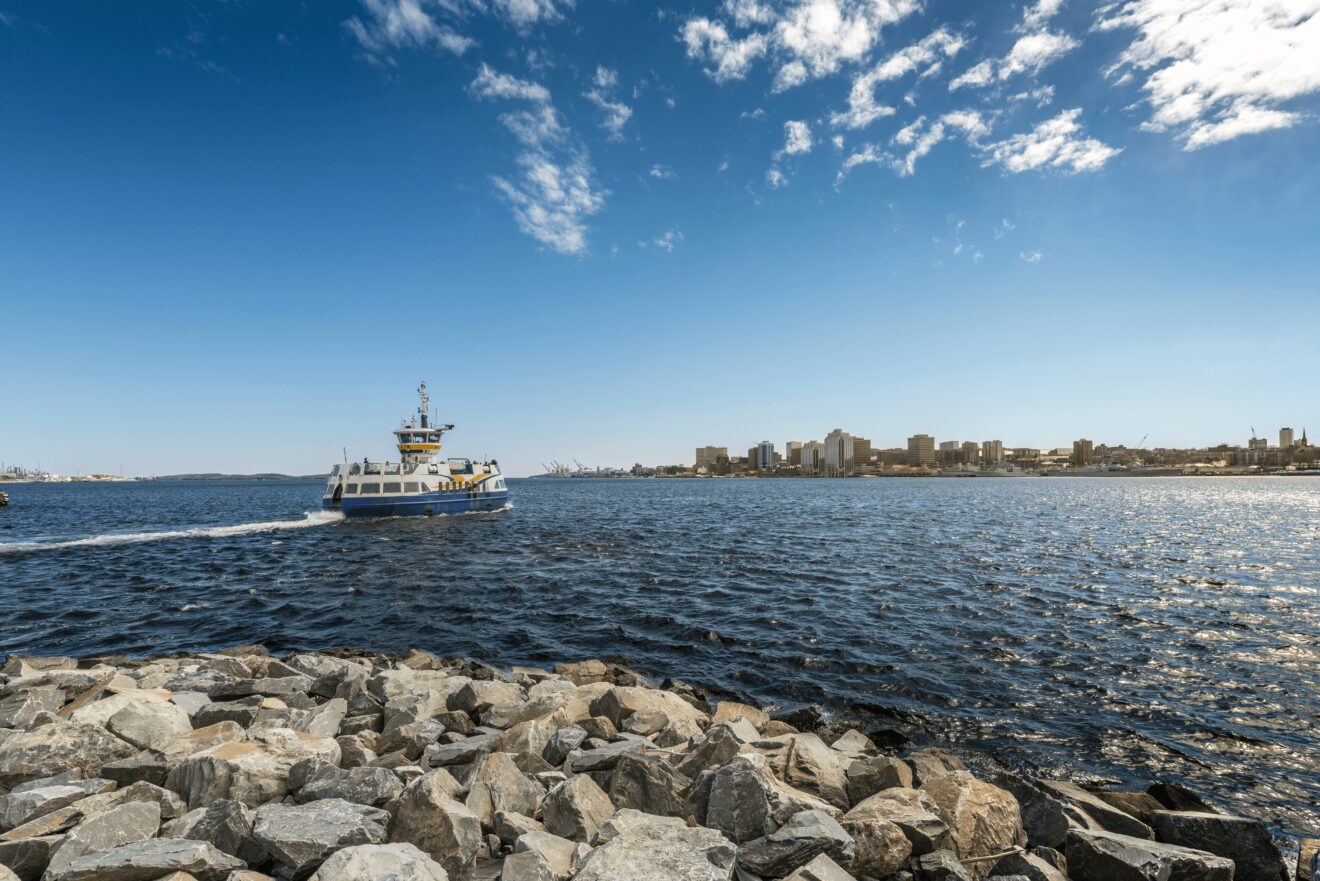
Supporting Knowledge Exchange and Harvester Excellence
Harvesting is an important part of life across the Arctic, and each community has its own practices and traditions tied to their own history and lands. Oceans North supports knowledge-sharing between communities and generations so that sustainable harvesting from healthy waters continues to be a way of life here.
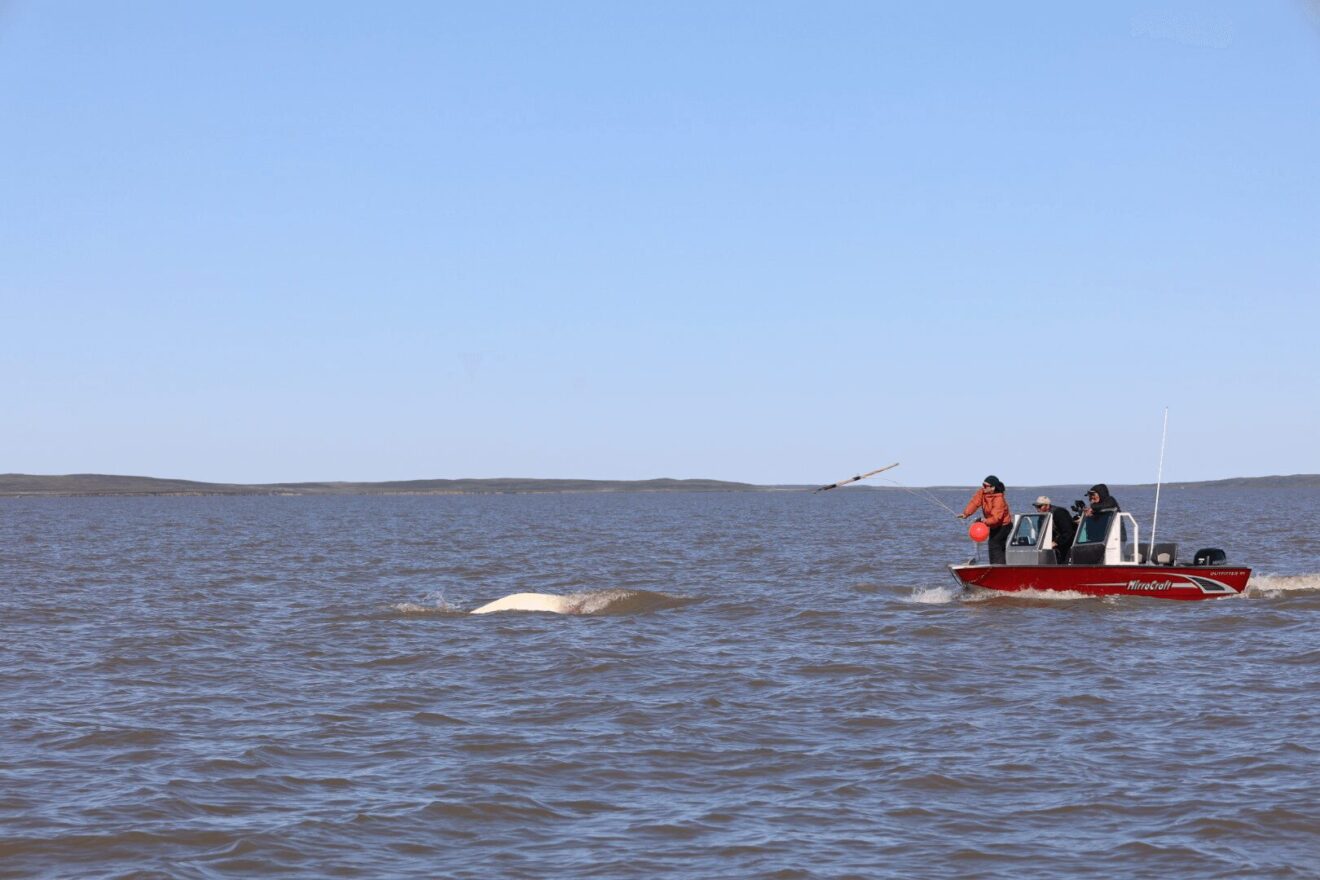
Creating a Community of Action
Together, our voices are one of the most powerful tools we have to protect our ocean. Join us to learn more about the work we are doing and how you can get involved.

Related Stories
Indigenous-led Conservation
Indigenous Knowledge about the Belugas of Churchill
Each summer, tourists from around the world flock to Churchill, Manitoba, eager to see the thousands of beluga whales that return to feed and calve in the Churchill River estuary on Western Hudson Bay. But long before the world’s largest congregation of majestic white whales became a major tourist attraction, the Indigenous residents of the community had a special relationship with belugas that dates back centuries.
Read MoreIndigenous-led Conservation

